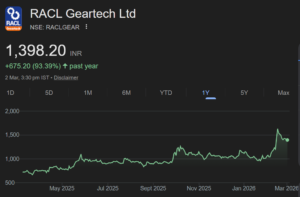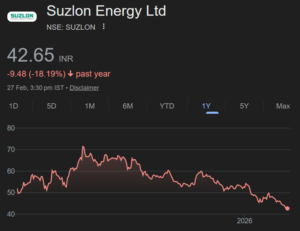
Punters on the stock market are like Hyenas in the jungle. When they sense that a company is seeking to de-list, they pounce on the stock and send it rocketing to stratospheric heights, thereby frustrating the management’s desire to do a quiet and economical de-listing.
One of the foremost masters in this field is (or was) Bhavook Tripathi. He made an incredible fortune on Solvay Pharma by cornering all the shares and forcing Abbott Labs to pay a much higher price for the stock than it had bargained for.
However, some managements talk tough and don’t succumb to the punters’ pressures. Ricoh is a good example of this. It made two delisting offers, one in November 2012 and the other in November 2013. On both occasions, the punters drove the stock to unrealistic levels. Ricoh was forced to jettison the delisting proposals, leaving the punters high and dry, to nurse their losses.
Another recent example is DIC India. While the floor price was fixed at Rs. 174, the punters took the stock all the way to Rs. 625 in the expectation that DIC would not hesitate to shell out the extra funds. However, DIC was in no mood to oblige and the delisting attempt failed.
In Fulford, the management talked tough and sent a brazen “warning” that it would not succumb to the punters’ pressures. While the threat had the desired effect for a few days and the stock plunged to Rs. 1436, the punters were not cowed down. They found support from S. P. Tulsian and rallied with a vengeance, sending the stock spiraling up to the CMP of Rs. 1,895.
Panasonic is the latest victim of the punters force-management-to-offer-higher-price-for-delisting gameplan. It made a delisting proposal on 24th October, 2014 with a floor price of Rs. 167.65. Within no time, the punters dragged the share to an all-time high of Rs. 286, a whopping 71% from the floor price.
On Friday, Panasonic issued a “warning” on the same lines as done by Fulford, namely that it follows “stringent financial discipline” and that the fundamentals of the company do not justify a higher price and that it is not compelled to go through the delisting because it has other “strategic alternatives”.
When I last checked, the punters were not at all impressed with Panasonic’s warning. Instead, they were busy building up a case that as Ricoh rallied 450% and DIC rallied 260%, Panasonic had a long way to go before they are willing to call it a day.
The punters are not going to let go and Panasonic has a long and hard fight ahead of it.






Is this for panasonic Energy or Panasonic appliance
Panasonic appliance
there are factual mistakes in your article. DIC promoter did not refuse the RBB. Reality is that it failed to get enough shares in the book. Total shares required for delisting were about 17.5 lakh while it could get only 14.5 lakh shares. So it did not get the privilege of rejecting the discovered price. Infact, the minority investors rejected the RBB by not tendering their shares.
In case of Ricoh also the promoter rejected the discovered price of 225. But guess what? the current market price is 285 and there is little floating stock left.
So please do not blame everything on punters or arbitrageurs. they have a useful role to play in discovering the real ‘control premium’ that the promoter should pay for delisting.
I agree with Jain.The write up is totally one sided.The DIC floor price was almost half the book value .